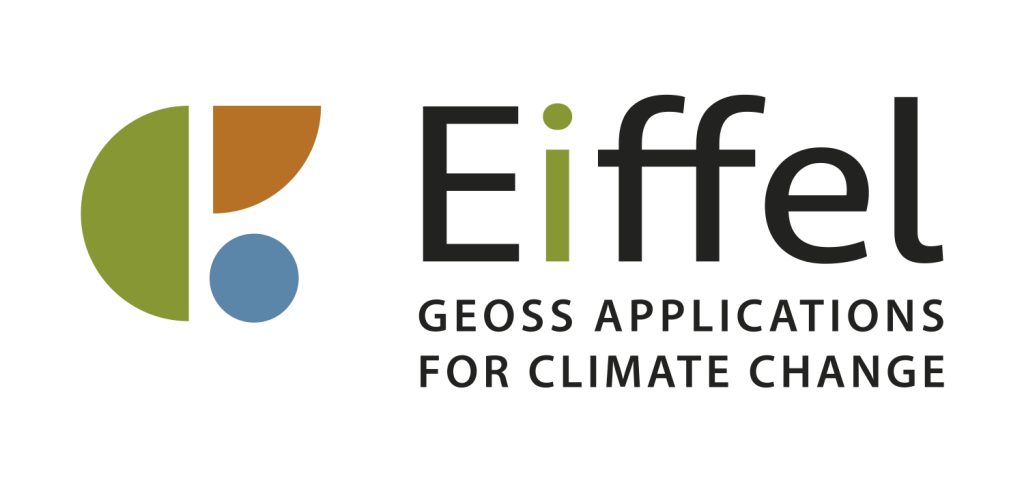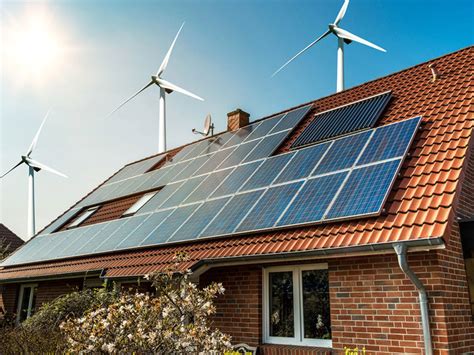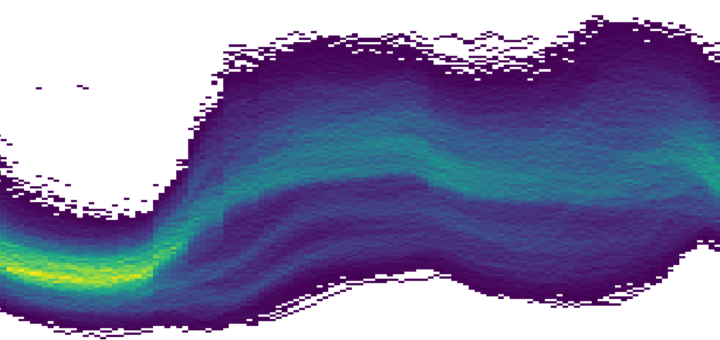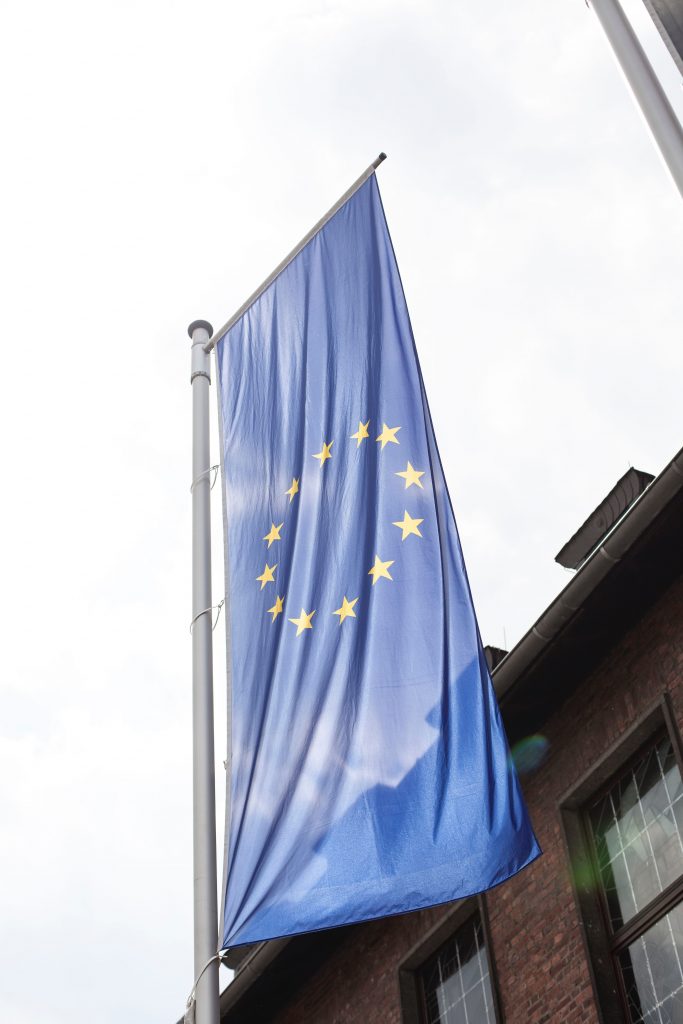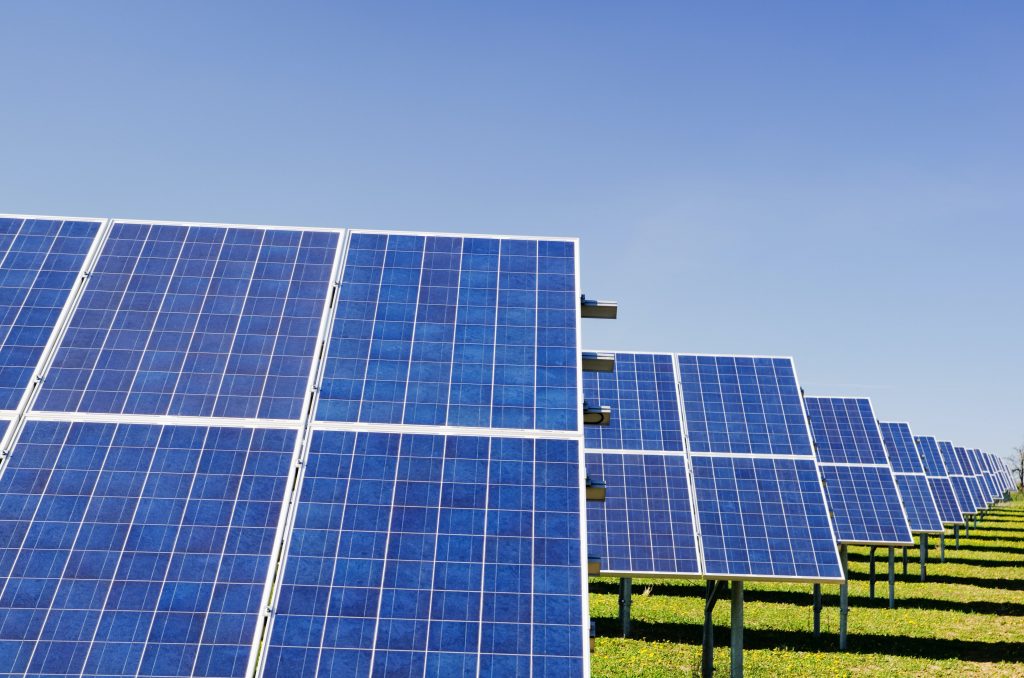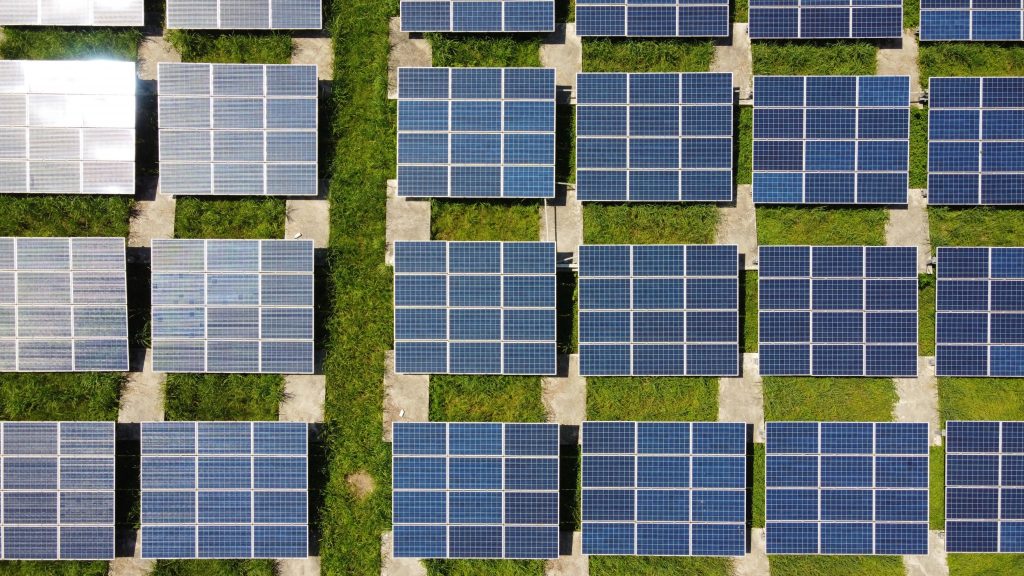EIFFEL H2020 project offers the EO-based community the ground-breaking capacity of exploiting existing GEOSS and external datasets, with minimal new data collection activities. Added-value services interoperable with GEOSS will be designed, using cognitive search and metadata augmentation tools based on Artificial Intelligence (AI), including Natural Language Processing. These tools will leverage advanced cognitive features to extract meaningful information from and enrich GEOSS metadata.
Europe
ROLES is identifying how European city-regions can accelerate decarbonisation through digitalisation of energy infrastructure. The UK case study focuses on solar neighbourhoods, researching how digitalisation, decentralisation and the rise of prosumers (producer-consumers) can assist the rollout of solar energy.
A recent paper in the journal Energy Research & Social Science by MAGIC researchers Ansel Renner and Mario Giampietro (Universitat Autonoma de Barcelona) presents a novel approach to the responsible use of […]
The European Union aims for 2030 to reduce greenhouse gas emissions by 40% compared to 1990 levels. Furthermore, the long-term vision is to become climate-neutral by 2050; this means transforming the current energy system. Compiled from MUSTEC’s research activities, key drivers and policy decisions are identified and explained for effective CSP deployment in Europe in the coming years up to 2050.
Key in the process for low-carbon transition is a transformation in all sectors and regions and the incorporation of new technologies and practices. Research and Innovation (R&I) is key in the development and successful uptake of clean technologies and focuses on three key non-mature technologies, CCS, advanced biofuels, and batteries for electric vehicles, as well as on energy efficiency measures explained in the report.
The transition to low carbon practices requires incorporating new technologies and practices, with Research and Innovation (R&I) being key in developing. Optimal R&I strategies increase the feasibility of ambitious climate stabilization targets by lowering carbon prices and mitigating costs.
EU- funded DEEDS project gives recommendations on Research and Innovation (R&I) aimed at decarbonisation of the EU economy and society and are relevant to the EU Green Deal.
Economic growth has been a priority for the European Union (EU) since its creation. The Paris Agreement targets will not be reached by technological and policy measures alone, businesses need to contribute and commit to the decarbonisation journey. The Business Guide calls to policymakers and businesses to move decarbonisation strategies from words to reality.
Renewable energy cooperation can play an important role in the energy transition in the European Union through international trade, safeguarding security of energy supply, coordinated climate adaptation measures, and optimizing the cost-effectiveness of actions. Concentrating Solar Power (CSP) could play a useful role, e.g. contributing to achieve climate goals in certain countries, or supporting the energy system with dispatchable electricity, they also believe that this role could be filled by realizing other options.
The European climate change strategies key element is the transition of the energy system towards a more sustainable energy supply, and the decarbonisation of the electricity sector through the deployment of renewable energy technologies. Concentrated Solar Power (CSP), as a dispatchable renewable energy technology combined with thermal energy storage, could contribute to the deep decarbonisation of the European Energy system by providing sustainable electricity and adding to system flexibility.

